Is cancer of the small intestine common?
Cancer of the
small intestine is much less common than those of the nearby organs: esophagus, stomach, pancreas, and colon. Cancers of the small intestine are almost always treatable and sometimes curable.
How are cancers of the small intestine staged?
There is no specific staging system for this kind of cancer. Cell type is a major factor in determining treatment.
What are the cell types of cancer of the small intestine?
There are three major types:
•
Adenocarcinoma is the most common and usually produces symptoms of obstruction of the bowel.
•
Lymphomas also produce symptoms of bowel obstruction as well as bleeding. The majority of these tumors are
non-Hodgkin's lymphomas.
•
Leiomyosarcomas may reach large size before diagnosis. Symptoms include bleeding and obstruction as well as weight loss, fever, and abdominal pain.
How is cancer of the small intestine treated?
Cancer of the small intestine is treated with surgery in most cases. Small intestine lymphoma may be treated with surgery, radiation, or chemotherapy, mainly following the treatment used for lymphoma. If surgery is not feasible, small-intestine adenocarcinoma and leiomyosarcoma are treated with radiation therapy. Investigational treatments are available for cancer of the small intestine.
Is colon cancer curable? what is the survival rate?
How is cancer of the anus treated?
Cancer of the anus is a highly treatable, often curable cancer. Its treatment depends on the stage ofthe disease. Stages of anal cancer describe whether the cancer has remained within the anus, has spread to lymph nodes near the anus, or has spread to other sites or organs. The stage of anal cancer is important in determining the first treatment. Surgery and
radiation therapy are the primary treatments.
Chemotherapy is also used, usually as an investigational treatment. Since cancer of the anus is uncommon, most physicians have limited experience with this tumor.

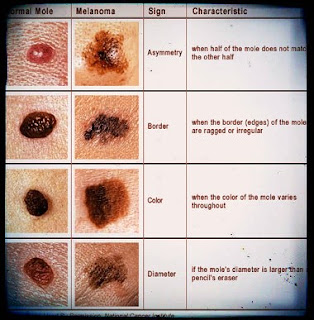
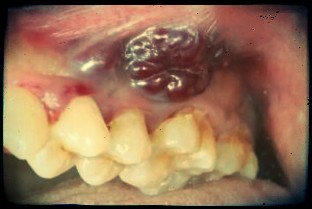
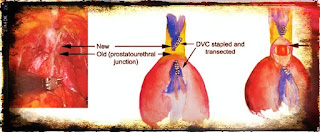
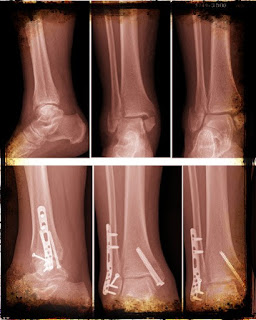
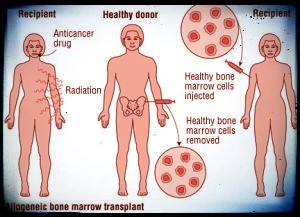


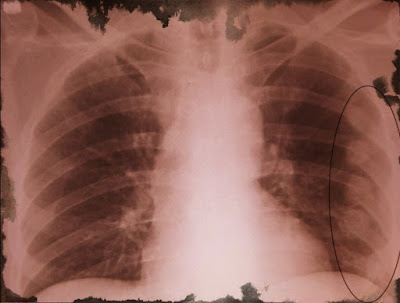


Comments
Post a Comment